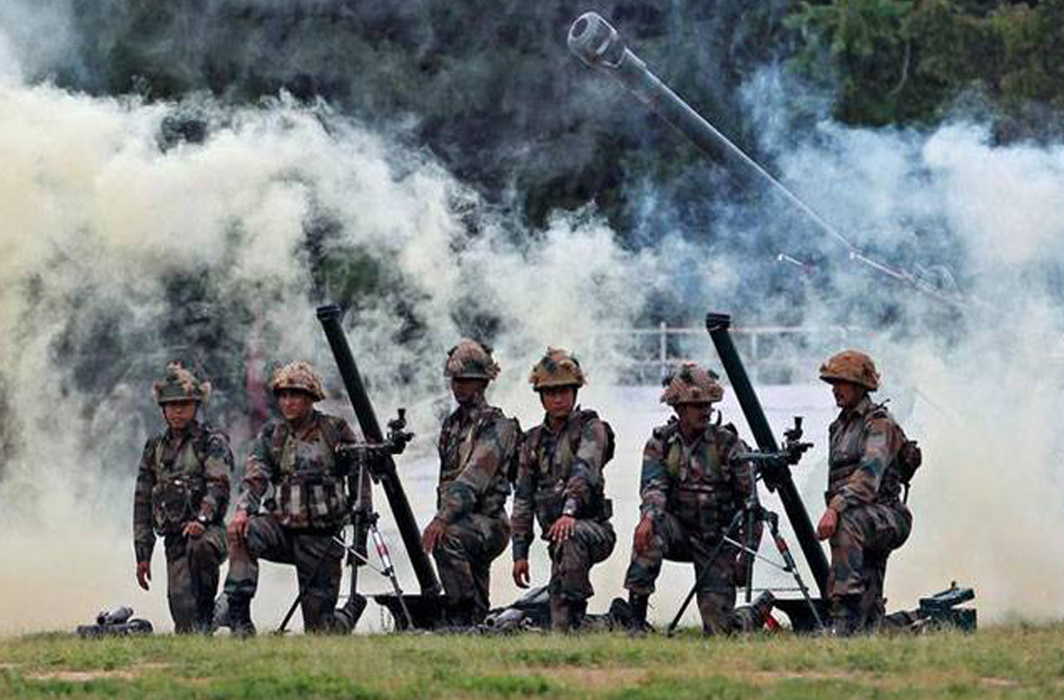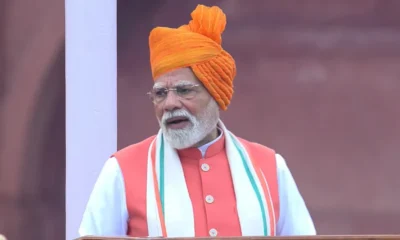The Bharatiya Janata Party (BJP) will begin its large-scale ‘Parivartan Yatra’ in poll-bound West Bengal from Sunday, marking a major political outreach drive ahead of the upcoming Assembly elections.
The party said the campaign is designed to mobilise support across the state and counter what it alleges has been more than a decade of “corrupt, undemocratic, and anti-people governance” under the ruling Trinamool Congress (TMC).
Statewide mobilisation across nine divisions
According to party leaders, the Yatra will be conducted simultaneously in all nine organisational divisions of West Bengal. The outreach programme is expected to cover nearly 5,000 kilometres, passing through 38 organisational districts and more than 230 Assembly constituencies.
The BJP estimates the initiative will generate over one crore direct public touchpoints, focusing heavily on face-to-face interactions and grassroots engagement. As part of the campaign plan, the party has scheduled 63 large rallies and 281 welcome meetings at key entry points of Assembly constituencies.
With the slogan “Paltano Dorkar, Chai BJP Sorkar”, the party has framed the Yatra as both an electoral campaign and a broader political movement aimed at strengthening its organisational presence across the state.
Focus on governance, law and order, and corruption
The party’s messaging during the Yatra will centre on governance, accountability, and systemic reforms. BJP leaders plan to raise concerns related to women’s safety, alleged corruption in the education sector, including teacher recruitment issues, and what they describe as threats to national security.
Party sources indicated that demographic changes, illegal infiltration, and the presence of extremist elements in border districts will also be key themes during the campaign.
In rural areas, the outreach will emphasise agricultural infrastructure, implementation of centrally sponsored schemes, and removal of intermediaries. In urban regions, the narrative will focus on industrial development, youth employment, and improvements in urban transport systems.
Senior leaders to participate
More than 100 senior leaders from the central and state units are expected to be involved in the Yatra. The inaugural phase, scheduled for Sunday and Monday, will feature five launch events on the first day and four on the second.
Senior BJP leaders including Amit Shah, JP Nadda, Rajnath Singh, Dharmendra Pradhan, Shivraj Singh Chouhan, and Nitin Nabin are expected to attend various programmes during the campaign.
After a short break for Holi, the Yatra will resume from March 5 to March 10, with each unit operating for approximately nine hours daily. The campaign is set to culminate in a major public meeting at Kolkata’s Brigade Ground, where Prime Minister Narendra Modi is scheduled to address supporters.
The BJP is positioning the Parivartan Yatra as a significant step in reshaping the political landscape of West Bengal as the state moves closer to the Assembly elections.


 India News10 hours ago
India News10 hours ago
 India News10 hours ago
India News10 hours ago
 Cricket news10 hours ago
Cricket news10 hours ago
 Latest world news10 hours ago
Latest world news10 hours ago
 Latest world news7 hours ago
Latest world news7 hours ago
 LATEST SPORTS NEWS4 hours ago
LATEST SPORTS NEWS4 hours ago















